The post-war era brought optimism and belief in the American Dream, but not everything promised happiness. For many Baby Boomers, certain aspirations and acquisitions, once thought to be the key to joy, turned out to be less fulfilling than expected. The societal pressure to achieve these “milestones” led to disillusionment when the reality failed to meet expectations. It serves as a reminder that happiness often comes from within and not from external achievements. Let’s explore 12 things that Boomers thought would bring happiness, examining why they fell short and offering insights into true contentment.
1. Big Houses
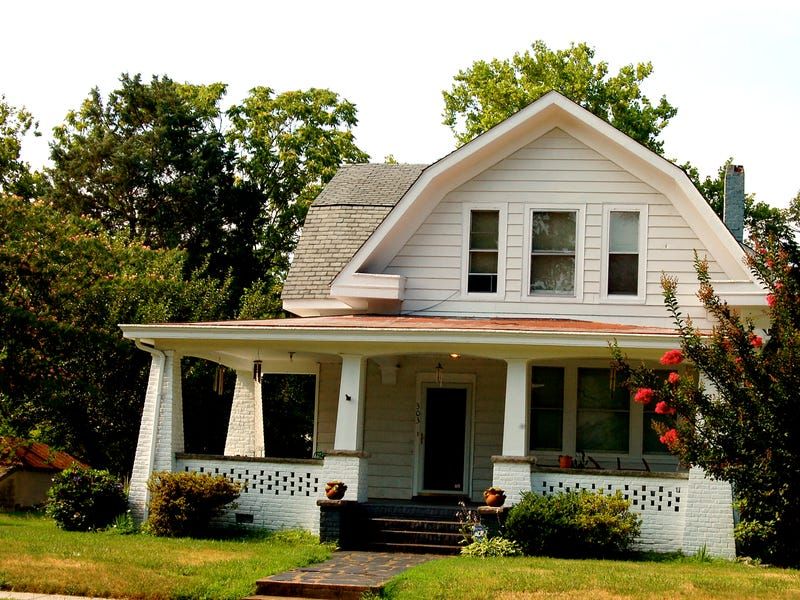
Owning a big house was long seen as a status symbol, promising comfort and success. Many Boomers pursued larger homes, thinking it would bring happiness. The reality, however, often included high maintenance costs and endless cleaning. Large spaces can feel empty, especially after children move out. The financial burden of mortgages sometimes outweighed the joy of ownership.
Moreover, living in a big house can lead to a sense of isolation from neighbors. Small, cozy homes often foster a closer connection with those around. Ultimately, happiness stems more from community than square footage.
2. Luxury Cars
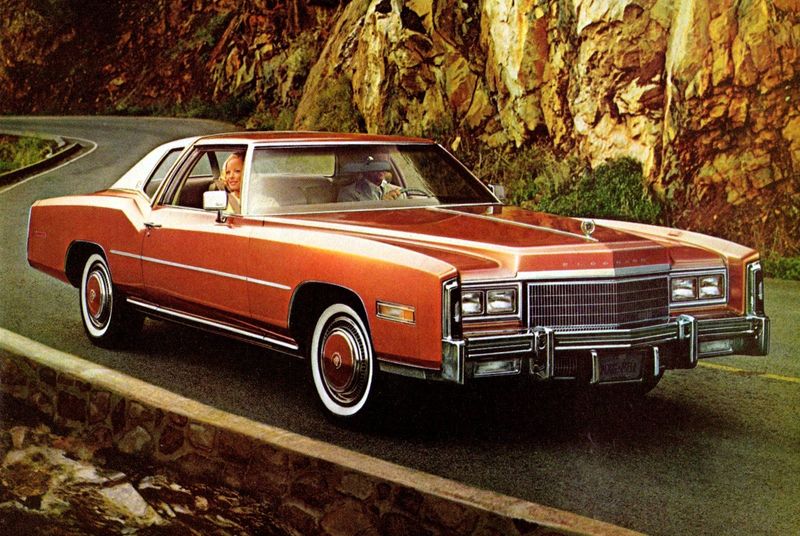
Luxury cars promised style, status, and happiness. Boomers invested in these vehicles, believing they’d enhance their lives. Yet, the reality often involved high maintenance costs and rapid depreciation. The allure of a sleek car could not match the practical needs and expenses associated with it.
Moreover, the thrill of owning such a car can fade quickly, leaving only the burden of upkeep. The sense of accomplishment can be short-lived. True happiness often lies in reliable transportation that meets one’s needs, rather than an expensive status symbol.
3. High-Paying Jobs

High-paying jobs were equated with success and were pursued relentlessly by Boomers. The promise was a fulfilling life through financial security. However, the trade-off often included long hours, stress, and a lack of work-life balance. Money didn’t always equal happiness.
Many found that the corporate ladder led to burnout rather than fulfillment. The pursuit of wealth sometimes meant sacrificing personal time and passions. True satisfaction often lies in meaningful work that aligns with one’s values, rather than in the paycheck alone.
4. Early Retirement

The dream of early retirement promised endless leisure and happiness. Boomers aimed for this milestone, believing it would grant freedom. However, the reality could be far different. Without the structure of work, some faced boredom and a loss of identity.
Financial challenges also emerged, as savings sometimes fell short of supporting a prolonged retirement. Additionally, the lack of daily purpose can lead to dissatisfaction. True happiness in retirement often comes from a balance of leisure and engaging activities that provide meaning and fulfillment.
5. Material Possessions
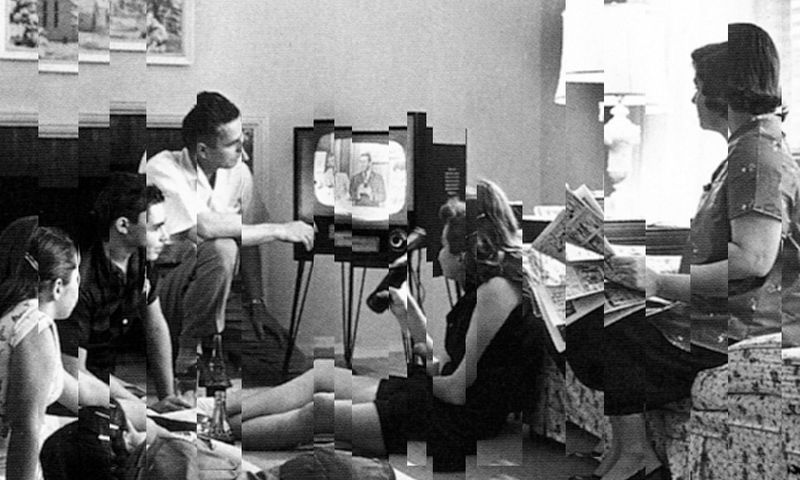
Boomers were taught that material possessions equaled happiness. The post-war consumer boom led to accumulating gadgets and goods. Yet, many found that possessions often led to clutter rather than contentment.
The joy of acquiring new items is often fleeting. Long-term happiness doesn’t come from things, but from experiences and relationships. The satisfaction from owning things diminishes over time, leaving a desire for more. Contentment is more likely found in simplicity and meaningful connections than in material wealth.
6. Perfect Marriages
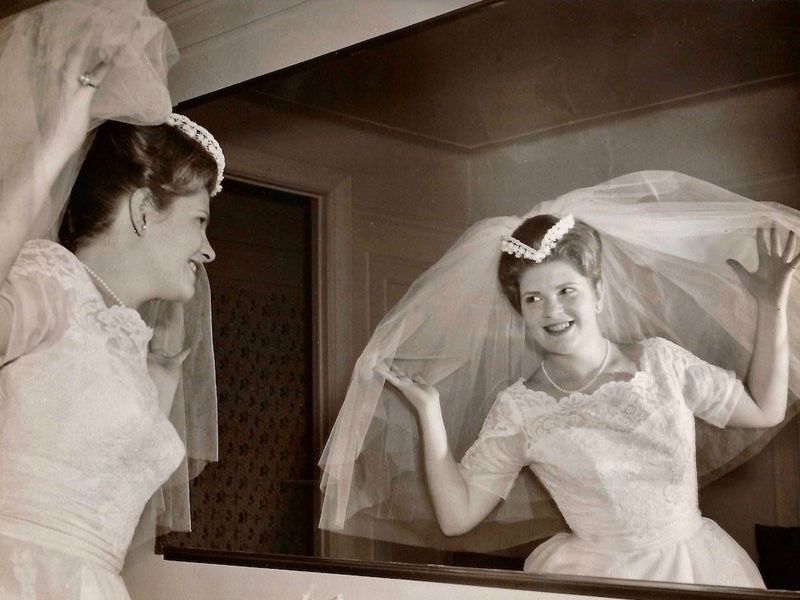
Boomers grew up with the ideal of a perfect marriage bringing lifelong happiness. Many entered into matrimony with high expectations, dreaming of perfect harmony. However, reality often included challenges, compromises, and mismatched expectations.
For some, the pursuit of perfection led to dissatisfaction and even divorce. Real happiness in marriage typically involves accepting imperfections and growing together. It’s about partnership and understanding, rather than achieving an unrealistic ideal. Happiness in marriage comes from mutual respect and shared goals, rather than perfection.
7. College Degrees

Earning a college degree was seen as a ticket to success and happiness. Boomers pursued higher education with hopes of securing better lives. Yet, degrees didn’t always guarantee job satisfaction or happiness.
Many found themselves saddled with debt and working in unrelated fields. The pressure to achieve academically sometimes overshadowed personal interests and passions. Happiness often comes from pursuing a path that aligns with one’s true self, not just following societal expectations. True fulfillment is found in learning and growth beyond formal education.
8. Suburban Living

Suburban living was marketed as the ideal lifestyle, promising tranquility and happiness. Many Boomers moved to suburbs seeking a perfect family life. However, the reality sometimes included long commutes and a lack of community.
Isolation and lack of nearby amenities could lead to dissatisfaction. The promise of peace and quiet didn’t always translate to contentment. True happiness often comes from being part of a vibrant community and having access to diverse experiences, rather than living in isolation.
9. Social Clubs
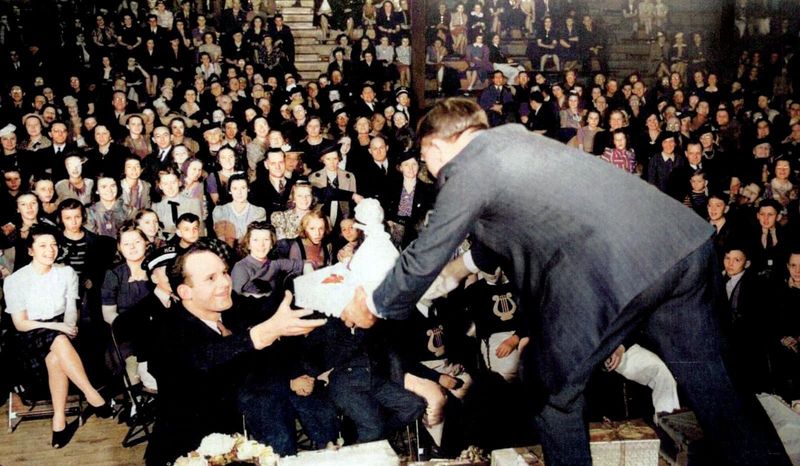
Joining social clubs was seen as a way to forge connections and find happiness. Boomers flocked to these clubs, believing in the promise of camaraderie. Yet, the reality sometimes included superficial relationships and social obligations.
Not every club membership led to meaningful friendships. True happiness in social settings often comes from authentic connections and shared values. Building genuine relationships requires time and effort beyond club affiliations. The joy of socializing lies in quality interactions, not just membership numbers.
10. Travel Abroad

Traveling abroad was considered a gateway to happiness and adventure. Boomers invested in overseas trips, expecting fulfillment. While travel broadens horizons, it doesn’t always guarantee happiness.
Travel can be stressful and expensive, sometimes leading to unmet expectations. The joy of travel lies in embracing new cultures and experiences rather than ticking off tourist destinations. True happiness often comes from meaningful travel that enriches the soul, not just a passport full of stamps.
11. Gourmet Dining
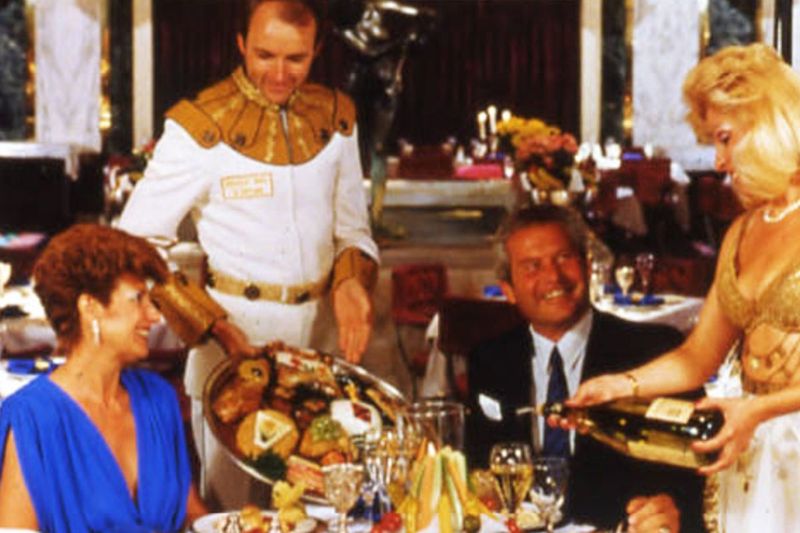
Gourmet dining was equated with sophistication and satisfaction. Boomers believed fine dining would elevate their lives. However, the reality sometimes included pretentiousness and high costs.
The joy of a fancy meal can be fleeting, especially if the experience feels forced. True satisfaction often comes from sharing a meal with loved ones, regardless of the setting. Culinary happiness is about enjoying flavors and company, not just the price tag or ambiance.
12. Latest Technology

Keeping up with the latest technology was seen as essential for happiness and modernity. Boomers invested in gadgets, believing they’d improve their lives. Yet, technology often became quickly outdated and led to frustration.
The constant chase for the newest tech can be exhausting and expensive. True happiness often comes from using technology to enhance and simplify life, rather than owning the latest model. It’s about finding balance between innovation and practicality.

Well, hello there!
My name is Jennifer. Besides being an orthodontist, I am a mother to 3 playful boys. In this motherhood journey, I can say I will never know everything. That’s why I always strive to read a lot, and that’s why I started writing about all the smithereens I came across so that you can have everything in one place! Enjoy and stay positive; you’ve got this!

